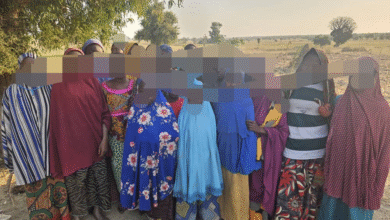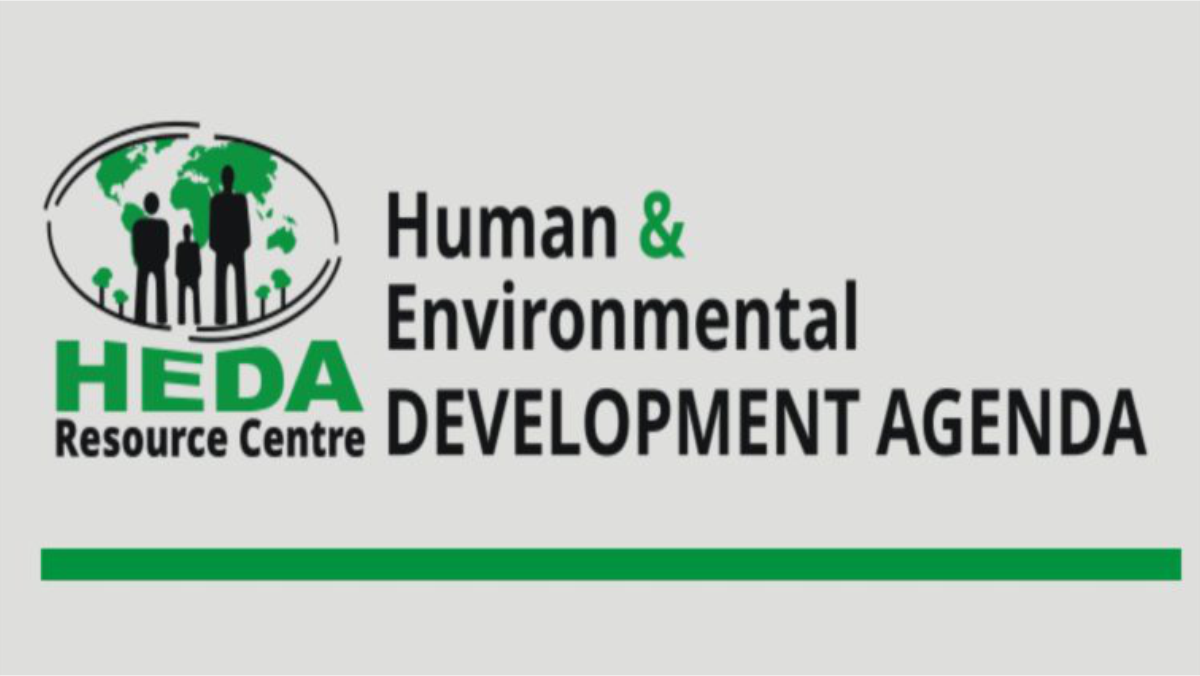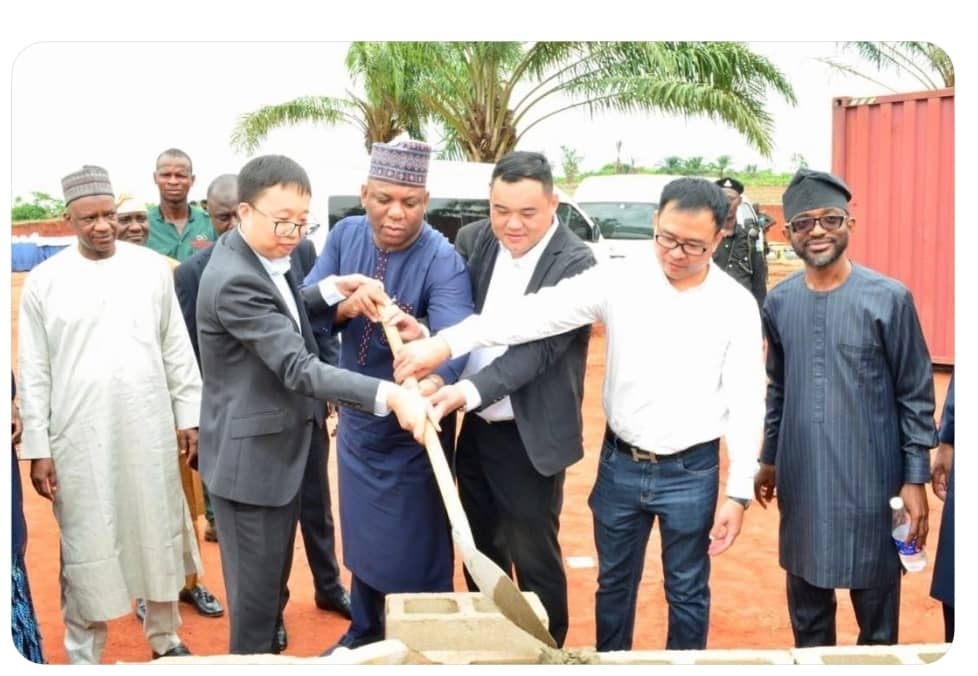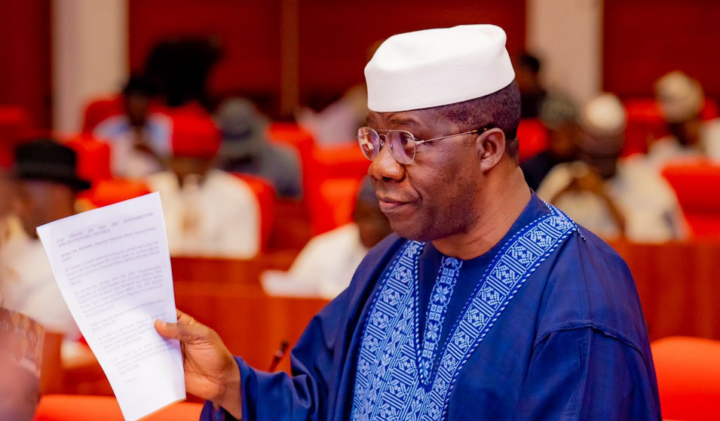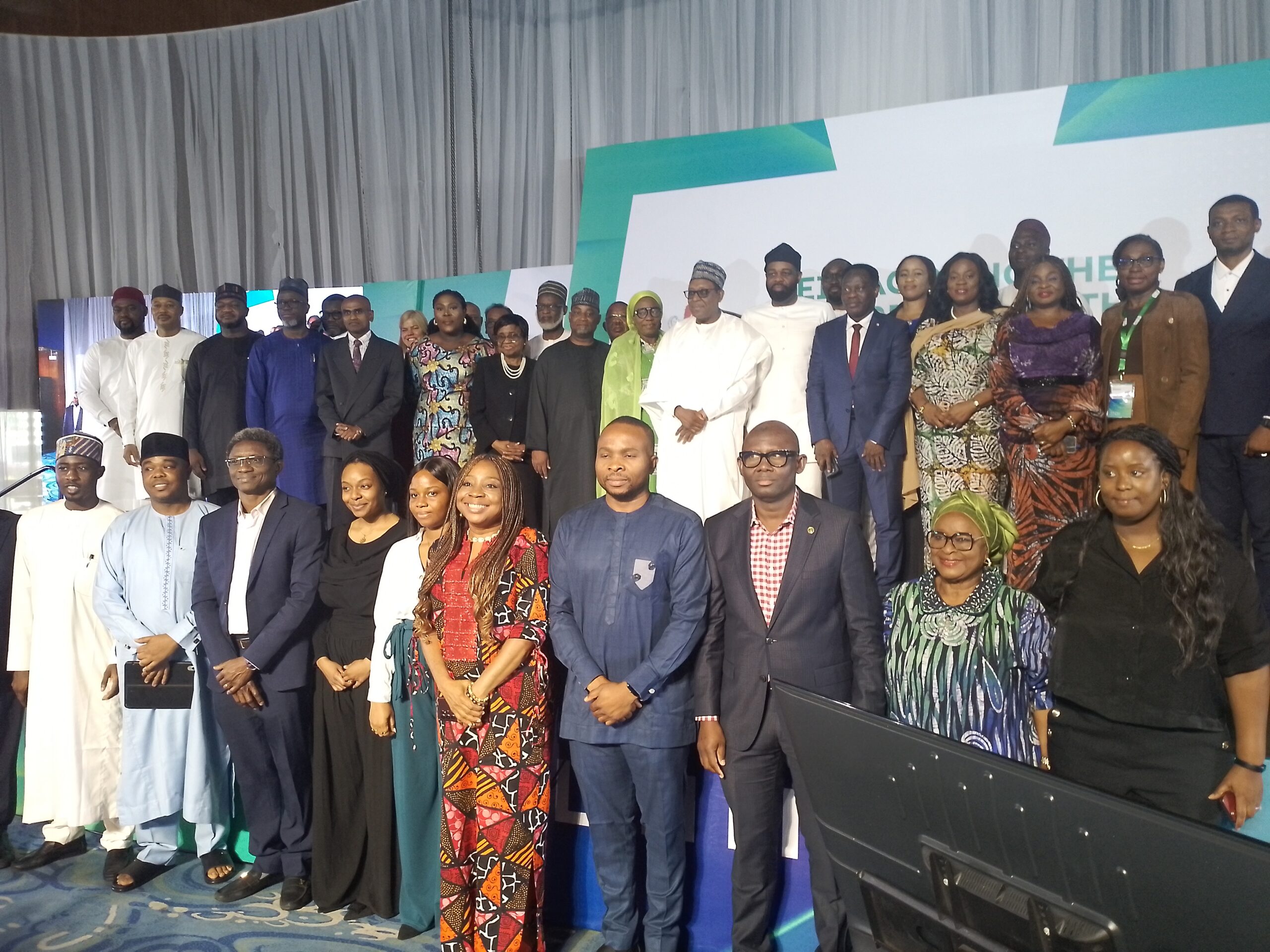
By Fatima Saka
Abuja – The Federal Government has unveiled an ambitious blueprint to overhaul Nigeria’s health financing architecture, pledging stronger investments, tighter regulation, and expanded health insurance coverage to reduce the crushing burden of out-of-pocket spending that drives millions of Nigerians into poverty.
Coordinating Minister of Health and Social Welfare, Professor Muhammad Ali Pate, issued a passionate call for an “all-of-society” approach at the National Dialogue on Health Financing in Abuja on Monday, themed Reimagining the Future of Health Financing in Nigeria.
He emphasized that Nigeria’s health transformation depends on synergy among civil society, development partners, private investors, and subnational governments, alongside the federal government.
“For decades, our health sector has been underfunded. Families bear nearly 70% of healthcare costs out-of-pocket,” Pate said. “We cannot continue to build a healthcare system on someone else’s taxpayer resources. We must mobilize our own funds, invest more, and make every naira count. Good healthcare anywhere in the world is not cheap, it must be paid for.”
Highlighting Four-Pillar Roadmap, Professor Pate laid out a four-pillar strategy under President Bola Tinubu’s Renewed Hope Agenda:
1. Governance and Accountability – Strengthening regulatory bodies like NAFDAC and NHIA, improving transparency, and deepening federal-state-local collaboration.
2. Improved Health Outcomes – Expanding primary healthcare access, scaling enrollment in health insurance, and increasing availability of higher-level care.
3. Unlocking the Health Value Chain – Promoting local production of medicines and equipment to reduce costs and strengthen supply chains.
4. Resilience and Health Security – Investing in epidemic preparedness, disease surveillance, and digital transformation of healthcare systems.
“These pillars are not just policies on paper,” Pate stressed. “They are a roadmap to a health system that listens to its people, protects its most vulnerable, and eases financial hardship for every Nigerian.”
He highlighted recent gains, including four million new health insurance enrollees in 18 months and expanded coverage for obstetric complications and fistula care. The minister also underscored the transformative potential of the 2022 Health Insurance Act, which mandates universal coverage and strengthens NHIA reforms.
“The direction has changed. Health insurance is now mandatory, and we are building a national risk pool to ensure no Nigerian is left behind,” Pate said.
Calling for shared responsibility, he challenged states to match federal investments, encouraged private innovation, and tasked civil society with advocacy and accountability.
The four-day dialogue, he said, would feature diverse voices, civil society, policymakers, development partners, and media, and culminate in a Call to Action with clear financing commitments.
“Our goal is simple,” Pate concluded. “We want a health system that works for all, protects the poorest, and positions Nigeria for sustainable prosperity.”
In his opening remarks, Minister of State for Health and Social Welfare, Dr. Iziaq Adekunle Salako, described this year’s dialogue as “a movement to turn commitments into actionable strategies,” reflecting Nigeria’s vision for enhanced domestic and sustainable financing on the road to Universal Health Coverage (UHC).
He praised NHIA’s leadership in convening the dialogue and reaffirmed President Tinubu’s directive to strengthen domestic health financing, reduce donor dependence, and build a resilient health system that fuels national growth.
Dr. Salako noted significant budgetary progress:
The federal health budget grew from ₦434 billion in 2018 to ₦1.2 trillion in 2021, and has more than doubled to ₦2.48 trillion in 2025, representing 5.1% of the national budget, progress toward the 15% Abuja Declaration target.
In 2024, the National Assembly approved an extra ₦300 billion to offset shortfalls following the suspension of U.S. aid.
Subnational governments have also raised allocations, pushing Nigeria’s total health expenditure to 5.03% of GDP in 2024, up from 3.4% in 2013.
The minister emphasized legislative progress, including the 2022 NHIA Act mandating insurance coverage for all Nigerians and a Vulnerable Group Fund for those unable to pay. The Basic Health Care Provision Fund (BHCPF), a lifeline for vulnerable populations, is under review to increase its funding from 1% to 2% of consolidated revenue.
“Our target under the Presidential Performance Bond is to enroll at least 44 million Nigerians in the National Health Insurance Scheme by 2030,” Salako said.
“We are addressing systemic inefficiencies, underfunding, and data gaps while learning from models in Ghana, Kenya, and beyond. This dialogue must produce a nationally owned reform agenda that prioritizes innovation, accountability, and transparency,” he added.
Dr. Kelechi Ohiri, Director General of NHIA, presented an overview of the dialogue’s objectives, calling health reform “a journey Nigeria must undertake collectively.”
“Your presence reaffirms your commitment. This dialogue comes at a critical time in our nation’s history,” he said.
Dr. Ohiri noted global shifts in health financing, with declining donor support, rising non-communicable disease burdens, and the need for domestic resource mobilization. He cited Nigeria’s leadership at the 2025 World Health Assembly (WHA), where the country sponsored a landmark resolution advocating for: Increased domestic investment for UHC., Alignment of external financing with national priorities., Stronger systems to track health spending. And National health financing roadmaps for all countries.
According to the DG, bringing the global conversation home, the dialogue will center people in financing strategies: “As Chinua Achebe once reminded the World Bank, Africa is about its people. Today, we say Nigeria is about its people. They must remain at the heart of our health system.”
Four-Day Dialogue Structure
1. Day One – Voices of the People: Civil society, community groups, and media share perspectives on financing challenges.
2. Day Two – Evidence & Policy: Data-driven presentations, research findings, and private sector perspectives.
3. Day Three – Subnational Perspectives & Partnerships: States outline domestic resource strategies; sessions with development partners.
READ ALSO: NASS New Media Forum Hails Rawlins Agada Emerging Senate Clerk, Dedication, professionalism
Just In: NRC Boss Apologises to Journalists, Unveils Reform Plans to Brace Kaduna Train Accident
4. Day Four – High-Level Commitments: Finance and budget ministries join health leaders to solidify funding, accountability, and collaboration frameworks.
Dr. Ohiri concluded with a rallying called: “Out-of-pocket financing is unsustainable. We must prioritize equity and ensure no Nigerian is left behind. This dialogue is a call to action for government, development partners, civil society, academia, and the private sector. Only together can we achieve sustainable and equitable health financing.”
He assured participants that resolutions would be documented and announced to drive lasting reforms.

